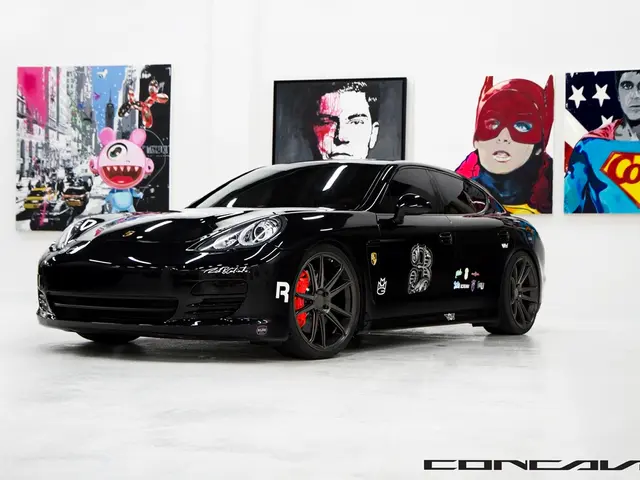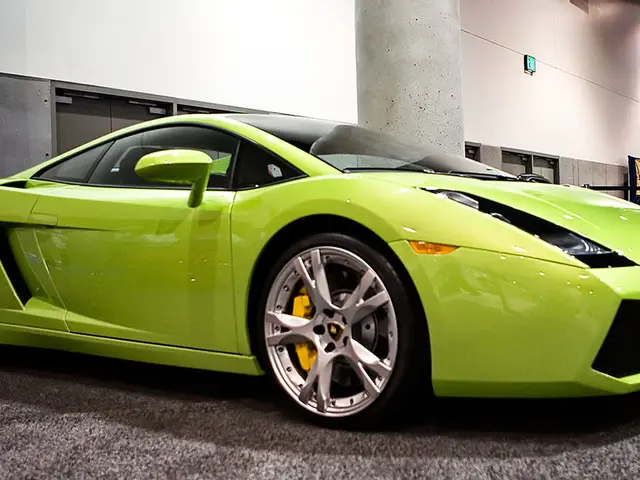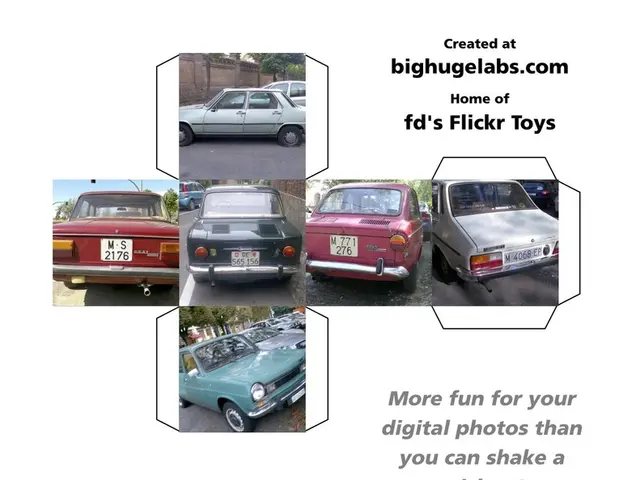Plummeting Electric Vehicle Registrations in Europe: What Predictions Do eMobility Leaders Hold for the Future?
In August 2024, the European electric vehicle (EV) market experienced a significant downturn, with a 33% drop in registrations and the lowest level since January 2023. This decline was observed across several countries, including Italy, France, Germany, and Switzerland.
In Italy, only 2,410 fully electric cars were registered in August, marking a 40.6% decline compared to the same month in 2023. Despite this underperformance, the first eight months of 2024 saw a slight one per cent increase in electric car registrations compared to the same period last year. Fabio Pressi, President of Motus-E, commented on the confusing market trend, citing uncertainty among motorists about the evolving landscape.
Pressi emphasized the need for quickly planning incentive tools, as discussed in the recent Automotive Table meeting. He highlighted the importance of enhancing public charging infrastructure, expanding private charging at home and work, and revising company car taxation to stabilize the growth of electric mobility in Italy.
In France, electric and plug-in hybrid vehicle registrations saw a 32.5% drop in August 2024, with plug-in hybrids particularly affected after five consecutive months of decline. The underperformance must be seen in the context of a broader automotive downturn, as this period marked the fourth consecutive month of reduction in registrations and the worst August in a decade for the passenger car market.
Kvalø, senior advisor at the Norwegian Electric Vehicle Association, suggested that the industry's portrayal of stagnating EV sales could be influenced by a desire to push back against tighter EU emission regulations set to take effect in 2025. He concluded that if the European car industry wants to stay competitive, it must invest in zero-emission vehicles rather than fight to preserve fossil-fuel cars, as electrification is the future.
Germany, traditionally a leader in EV adoption, also witnessed a sharp decline in BEV registrations. Andre Schmidt, President of VDIK, noted that the decline was due to the elimination of the purchase premium for commercial customers in September 2023. New passenger car registrations in Germany decreased by 27.8% in August, with BEVs experiencing the steepest decline ever recorded for this month.
However, Kvalø noted that most European countries have seen steady growth in electric car sales, with Germany's sharp decline skewing the overall numbers due to expired incentives. He emphasized that investments in electric mobility have the potential to generate long-term benefits.
The Swiss eMobility Association noted that while the Ministry of Transport intends to establish charging stations along motorways, the level of support remains minimal. National policy in Switzerland lacks the motivation to adequately support the industry, both financially and through a more favorable legal framework. This year has also seen the reintroduction of a four per cent federal import tax in Switzerland, which has dampened market enthusiasm.
The promotion of electromobility in Switzerland is largely the responsibility of the cantons, which are implementing tax reductions and incentives for charging point installations. The arrival of new models with competitive prices and the expansion of the MOVES programme could be the boost needed to reignite demand in Spain's electric mobility market.
Chris Heron, AVERE's General Secretary, noted that the electric mobility ecosystem faced a difficult summer, marked by a slowdown in sales and a pause in some key investments. AVERE remains committed to its mission of achieving zero-emission vehicle sales by 2035, emphasizing that investments in electric mobility have the potential to generate long-term benefits.
The decrease in EV registrations has raised concerns across the industry, with economic and political factors being closely monitored. Sveinung Kvalø concluded that if the European car industry wants to stay competitive, it must invest in zero-emission vehicles rather than fight to preserve fossil-fuel cars, as electrification is the future.
Read also:
- Stopping Osteoporosis Treatment: Timeline Considerations
- Tobacco industry's suggested changes on a legislative modification are disregarded by health journalists
- Trump's Policies: Tariffs, AI, Surveillance, and Possible Martial Law
- Expanded Community Health Involvement by CK Birla Hospitals, Jaipur, Maintained Through Consistent Outreach Programs Across Rajasthan







